BANNED BY BEIJING
THE CHINESE COMMUNIST PARTY'S SUBVERSION OF FREEDOM OF EXPRESSION IN EUROPE
With China becoming an increasingly dominant world power, there is growing evidence that an emboldened Chinese Communist Party (CCP) is employing a range of tools aimed at pressuring or manipulating foreign entities to respect – or even align with – the CCP’s political agenda.
Examples include the sanctions imposed on a British academic for decrying the human rights abuses in China’s Xinjiang Uyghur region, the demands made of a French history museum to remove certain words from their exhibition about Mongol emperor Genghis Khan, and the threats sent to a think-tank director in response to his report exposing Slovak universities’ links to Chinese institutions.
Banned by Beijing seeks to raise awareness of the CCP’s subversion of freedom of expression in Europe by creating a repository of reports, articles and other resources that will enable us to understand the extent to which we need to protect our fundamental rights and our democracies from Chinese interference.
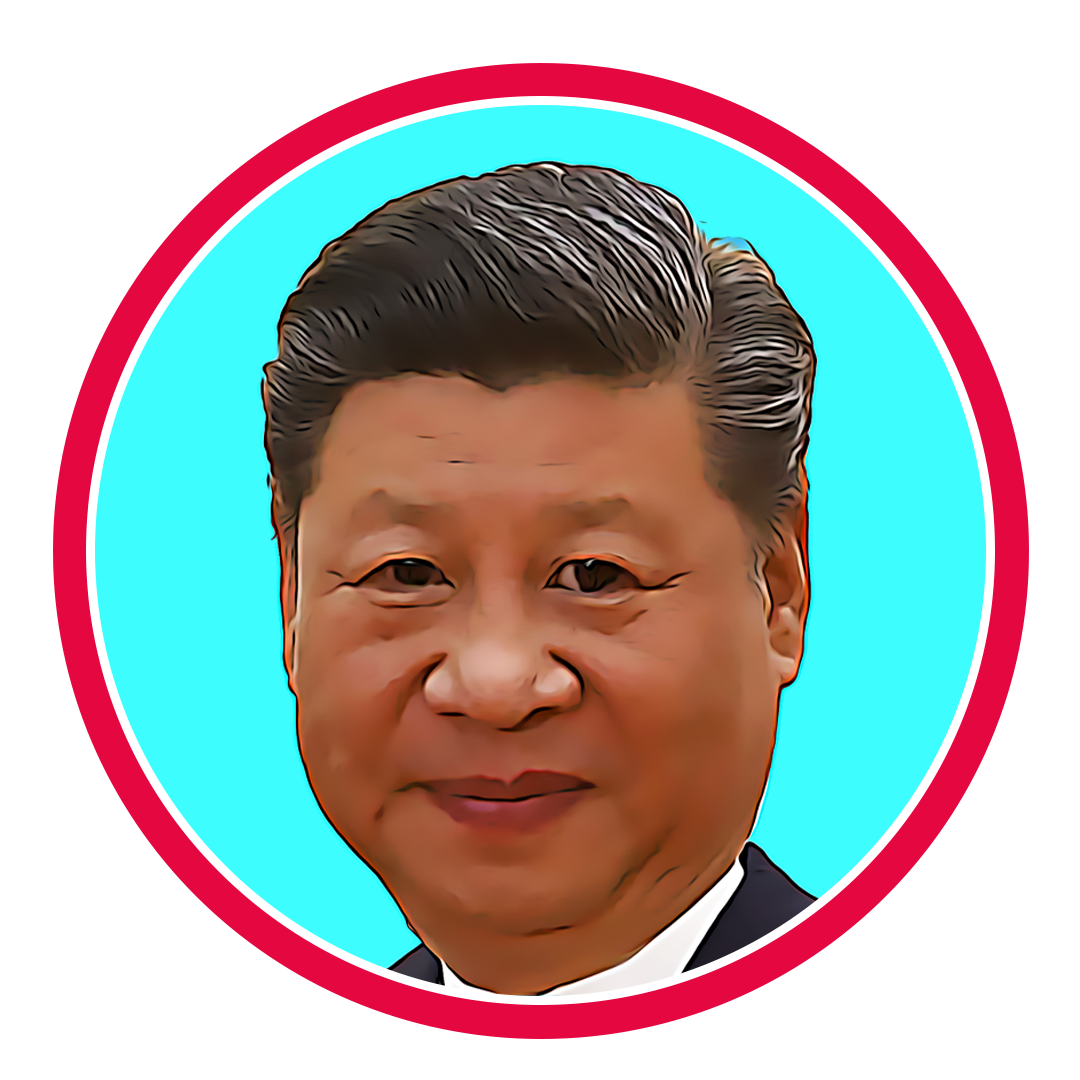
NEW REPORT
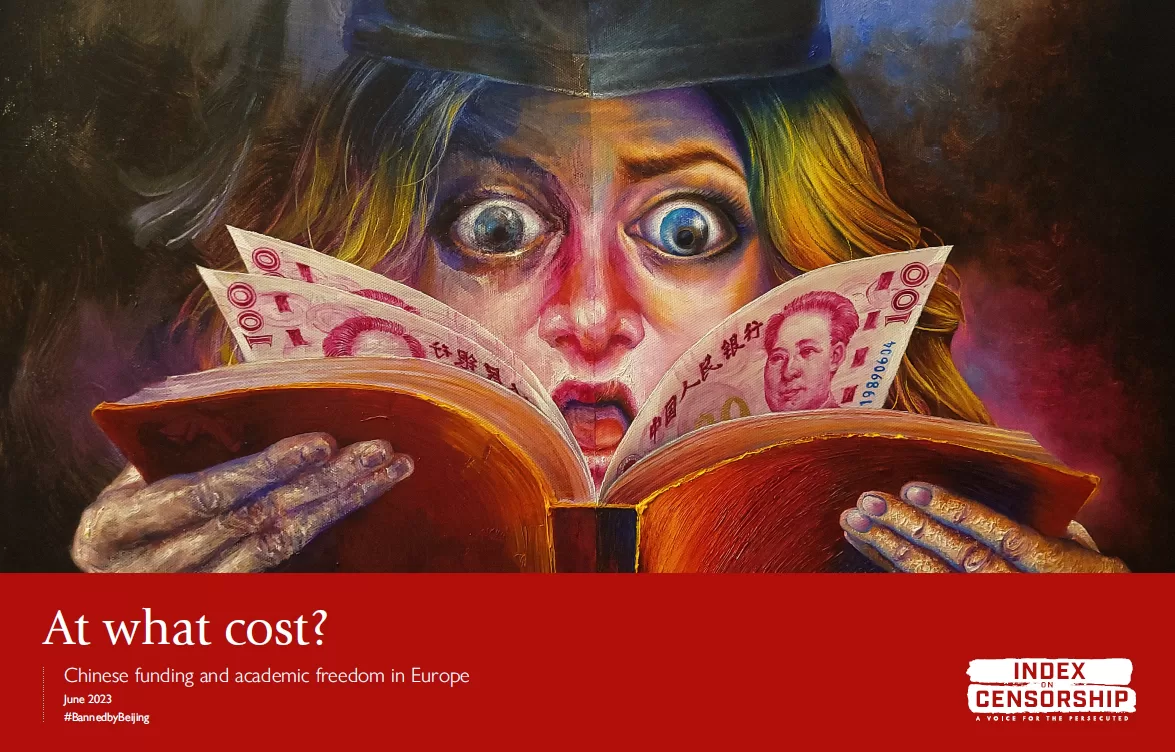
At what cost? Chinese funding and academic freedom in Europe
European universities have become increasingly international over the last decade, fostering relationships with researchers, institutions, private companies, and students around the world. While academic internationalisation provides many opportunities, it also presents challenges.
“European academia must recognise that vulnerability to authoritarian and illiberal interference is an undeniable reality in the contemporary context of globalised knowledge production,” the European Commission said in a working document published last year. “Risks encountered in this context crystallise as threats to the principles of academic freedom and integrity.”
The Commission didn’t single out threats from any one country, but its document was published amid heightened concerns about interference from China.
This report asks to what extent Chinese money is being used to fund European universities and to what extent is it eroding academic freedom in the process. The report looks at funding from Chinese companies, Chinese international students, and the protections the EU and UK have in place to prevent undue interference.
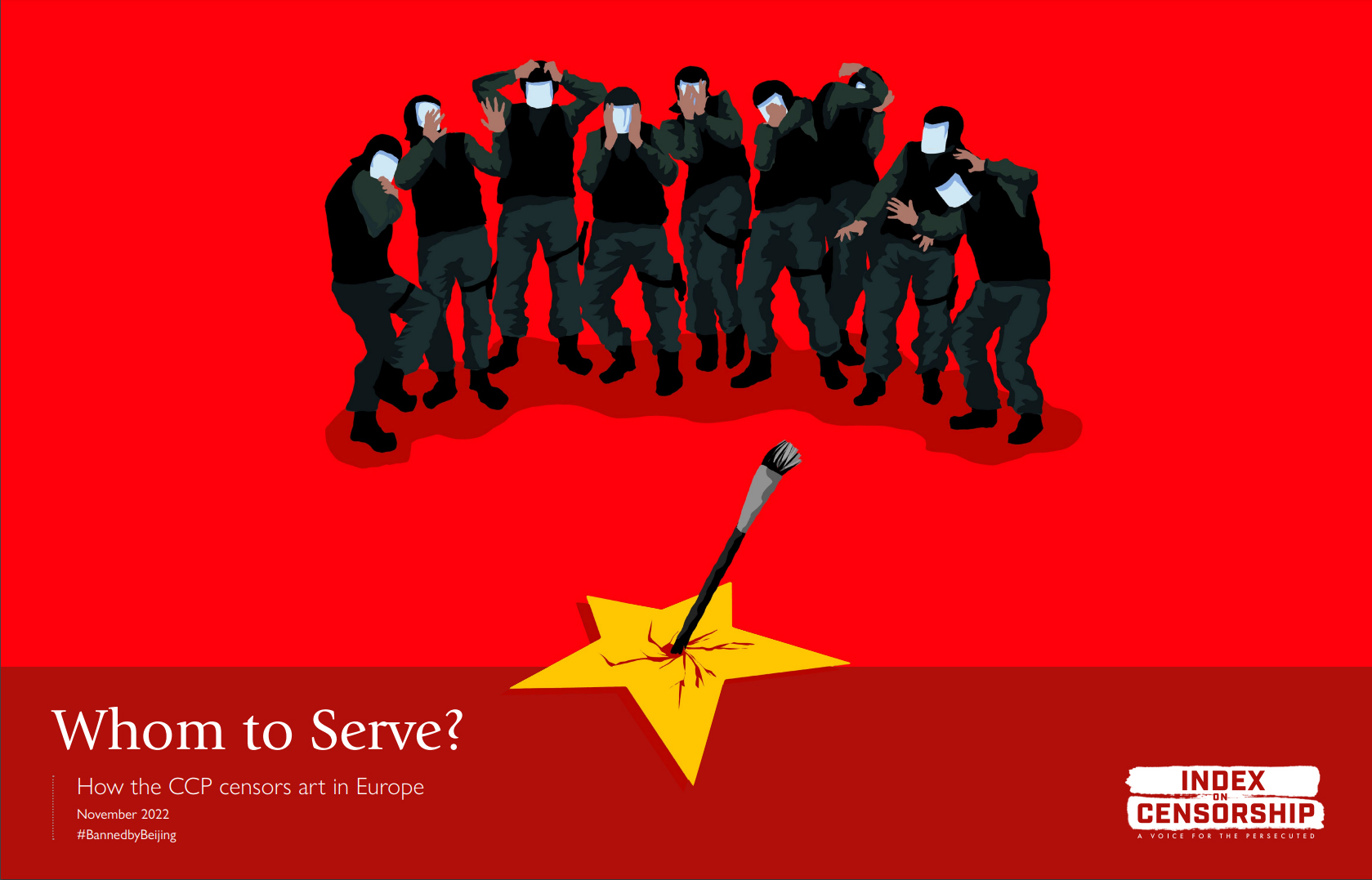
Report: Whom to Serve? How the CCP censors art in Europe
Since its inception, the Chinese Communist Party (CCP) has sought to exert influence over every component of Chinese society, including the world of art.
The CCP sees itself as the single arbiter of Chinese culture. By the CCP’s definition, being “Chinese” encapsulates not only Chinese nationals but the entire global diaspora and artists living in Europe can be subject to attempts at censorship if their art does not toe the party line.
The report demonstrates how art can be used by states to extend the reach of censorship into cities across Europe, while also offering a powerful way for artists to challenge state power.
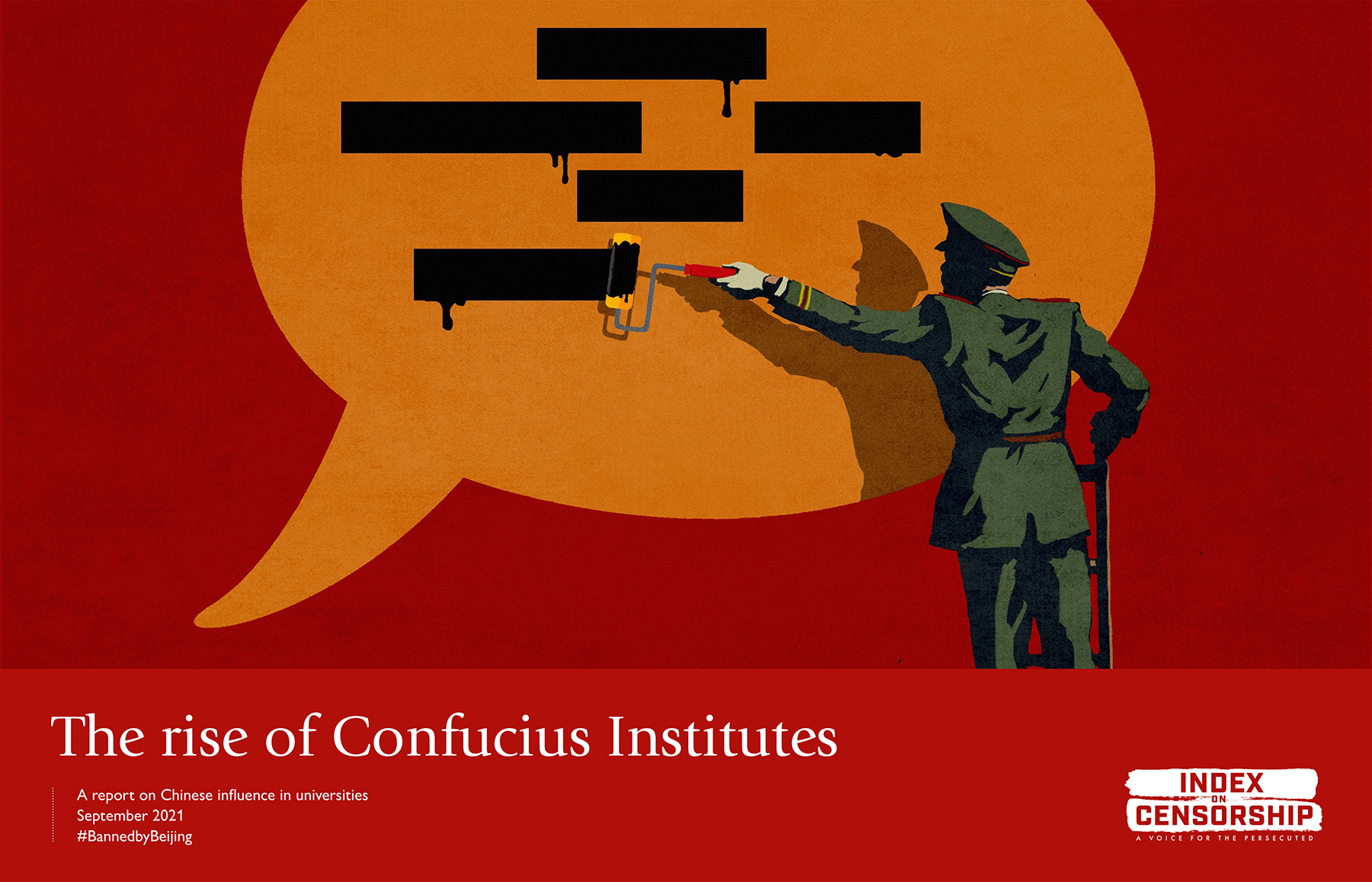
Report: The rise of Confucius Institutes
Confucius Institutes were established in 2004 with the stated mission of teaching Chinese language and culture abroad and are widely acknowledged as one of the ways China exerts its influence around the world.
By operating primarily on campuses, Confucius Institutes are unlike other countries’ cultural organisations which, according to some, enables the Chinese authorities to gain a foot-hold for the exercise of control over the study of China and the Chinese language.
This offers the Institutes the possibility to unilaterally promote Chinese policy and ideas in a one-sided way, to commit censorship, or to stimulate self-censorship about China among students, pupils and the wider public.
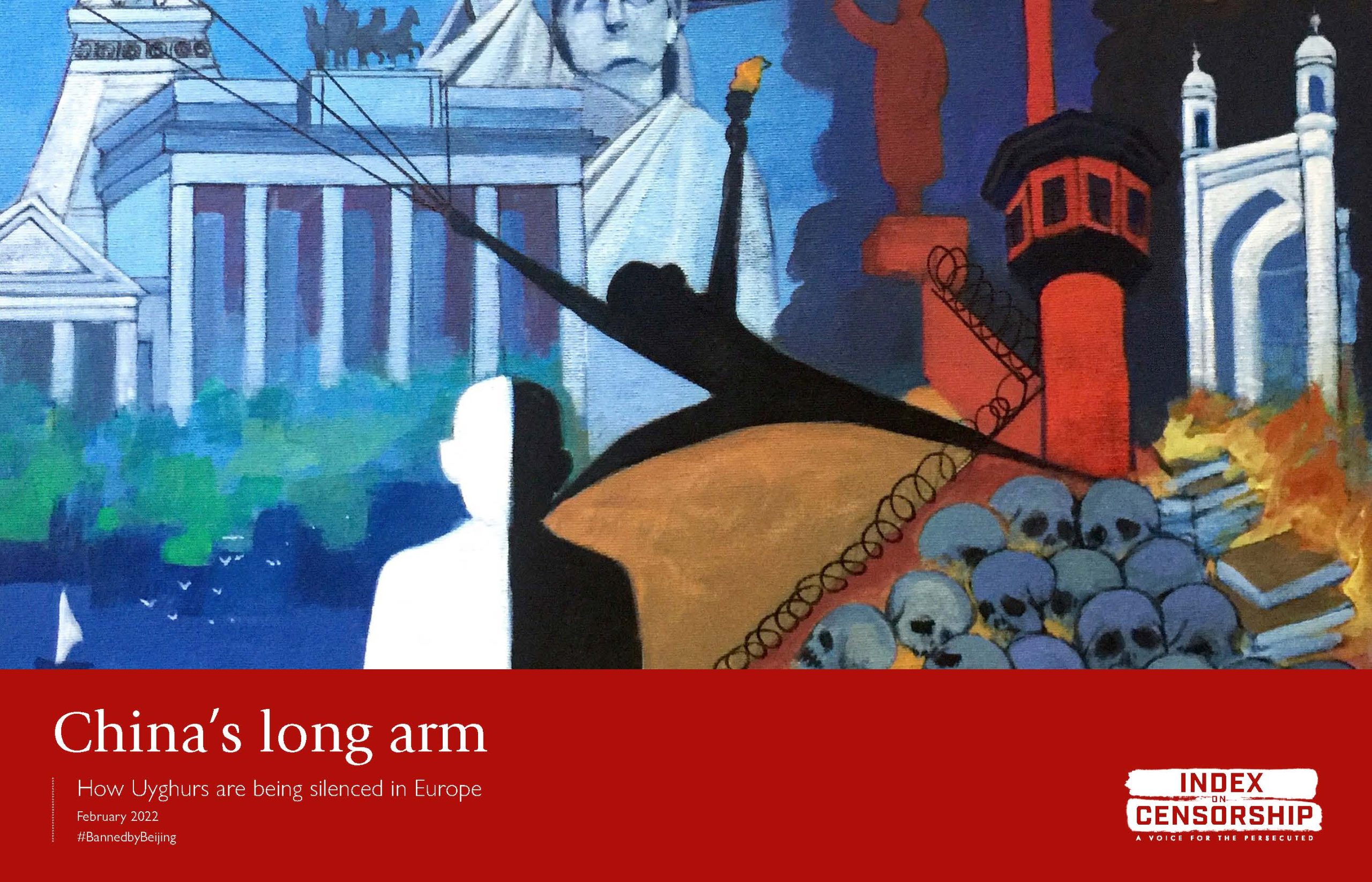
Report: China's long arm: How Uyghurs are being silenced in Europe
Since 2010 the CCP has intensified its use of forced assimilation methods against the Uyghurs in Xinjiang. This includes oppressive policies such as the arbitrary detention of one million Uyghurs in mass internment camps, torture, sexual assault, sterilisation, and forced labour.
But the Chinese government’s repression extends well beyond its borders, and into Europe. It is difficult to ascertain exactly how many Uyghurs are living in Europe, but the World Uyghur Congress estimates that there are approximately 12,500. Most of the incidents of threats and intimidation that occur in Europe happen in countries where Uyghurs are most populous, primarily north-western Europe. Most live in the Netherlands and Sweden, but there are also sizable communities in Belgium, Germany, and the UK.
WATCH OUR ONLINE EVENT
Every time a European university pressures an academic to temper their criticism of the Chinese Communist Party (CCP), every time a filmmaker opts to amend their film to avoid offending the Chinese authorities, and every time a Chinese citizen living in Europe self-censors in an effort to protect themselves or their families in China, the CCP is effectively censoring Europe.
This virtual event with speakers Mareike Ohlberg, Tom Tugendhat MP, Edward Lucas and Trevor Phillips explored the extent to which the CCP is exploiting its growing influence in order to erode freedom of expression in Europe, and will look at what needs to be done to protect our fundamental rights and our democracy.
READ MORE FROM CHINA
-

China media giant Tencent gags anti-censorship website FreeWeChat
The website of anti-censorship organisation GreatFire.org's platform dedicated to exposing Chinese government censorship of WeChat is taken offline...
-

Beijing is punishing Japan – and its own young people – by pulling the plug on pop concerts
The cancellations follow remarks on Taiwan by the Japanese Prime Minister
-

Is academic freedom at risk in the UK?
Funding and culture conformity is slowing eroding free expression in universities
-
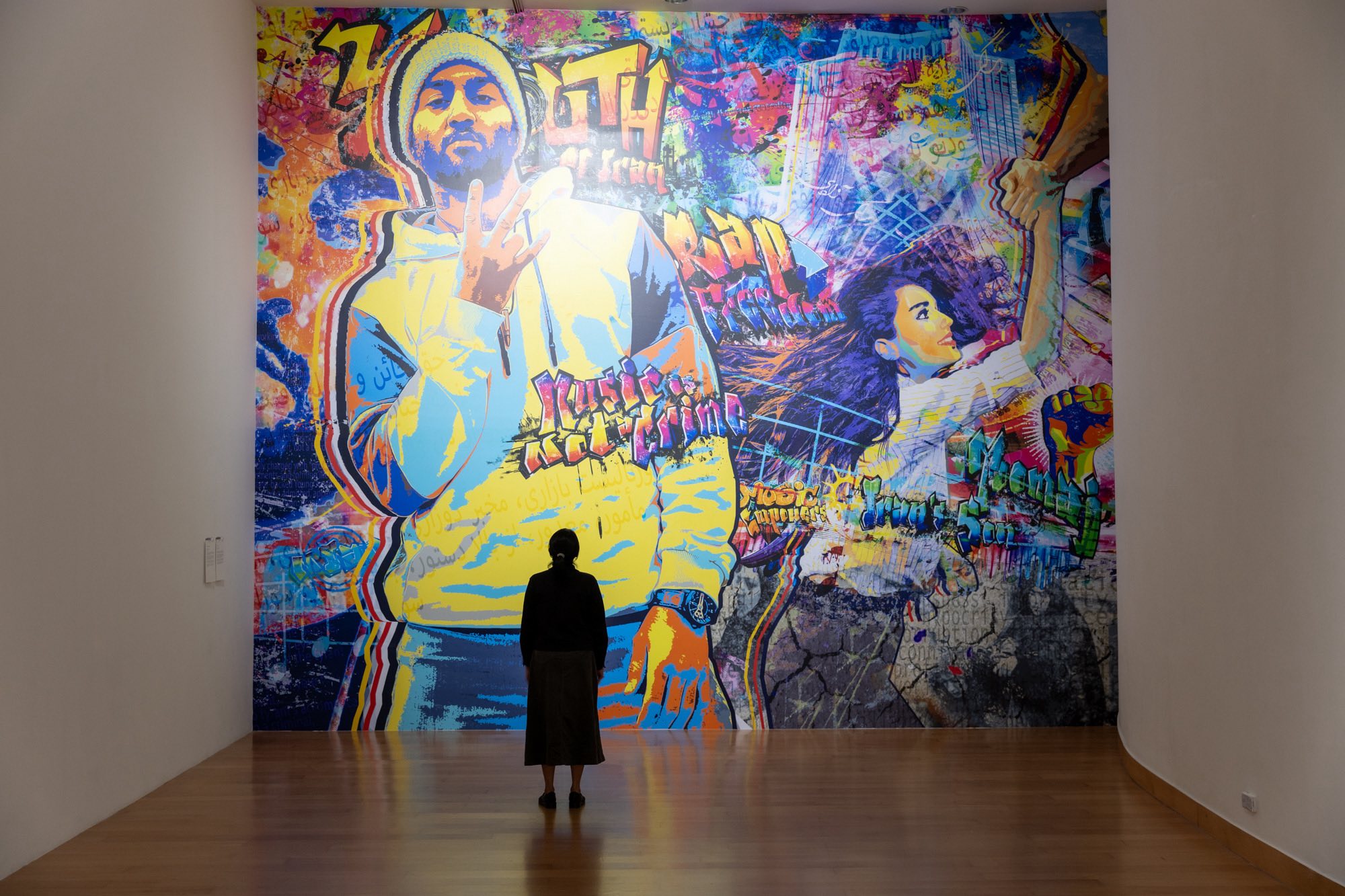
How artist Sai’s exhibition in Thailand was censored after Chinese protests
The Burmese artist and curator says an attempt to silence his art show against repression has amplified its message around the world
-
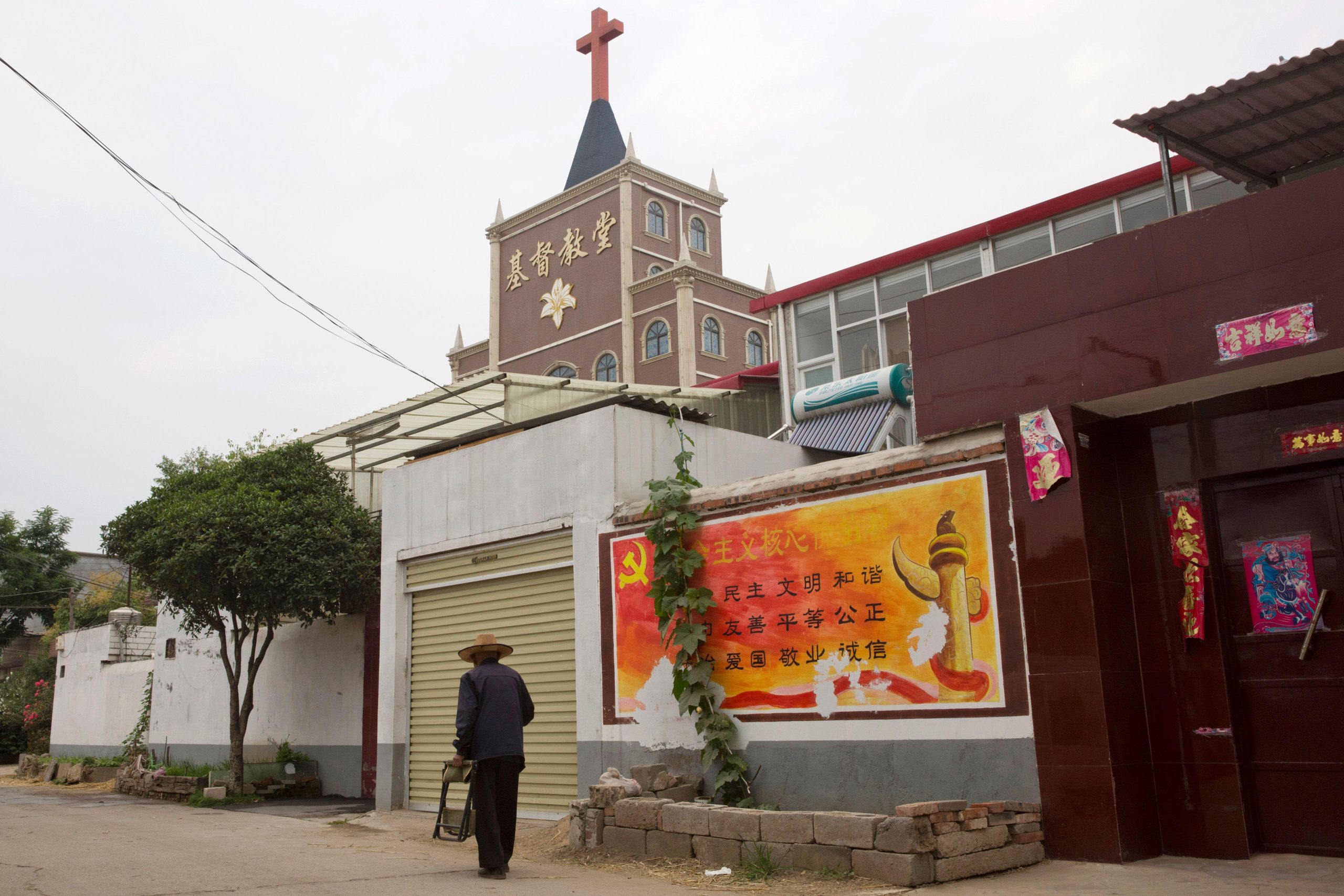
There’s only room for one god in China
Churchgoers in China outnumber members of the Communist Party and Xi Jinping is now cracking down hard
-

Contents – Truth, trust & tricksters: Free expression in the age of AI
Contents
-
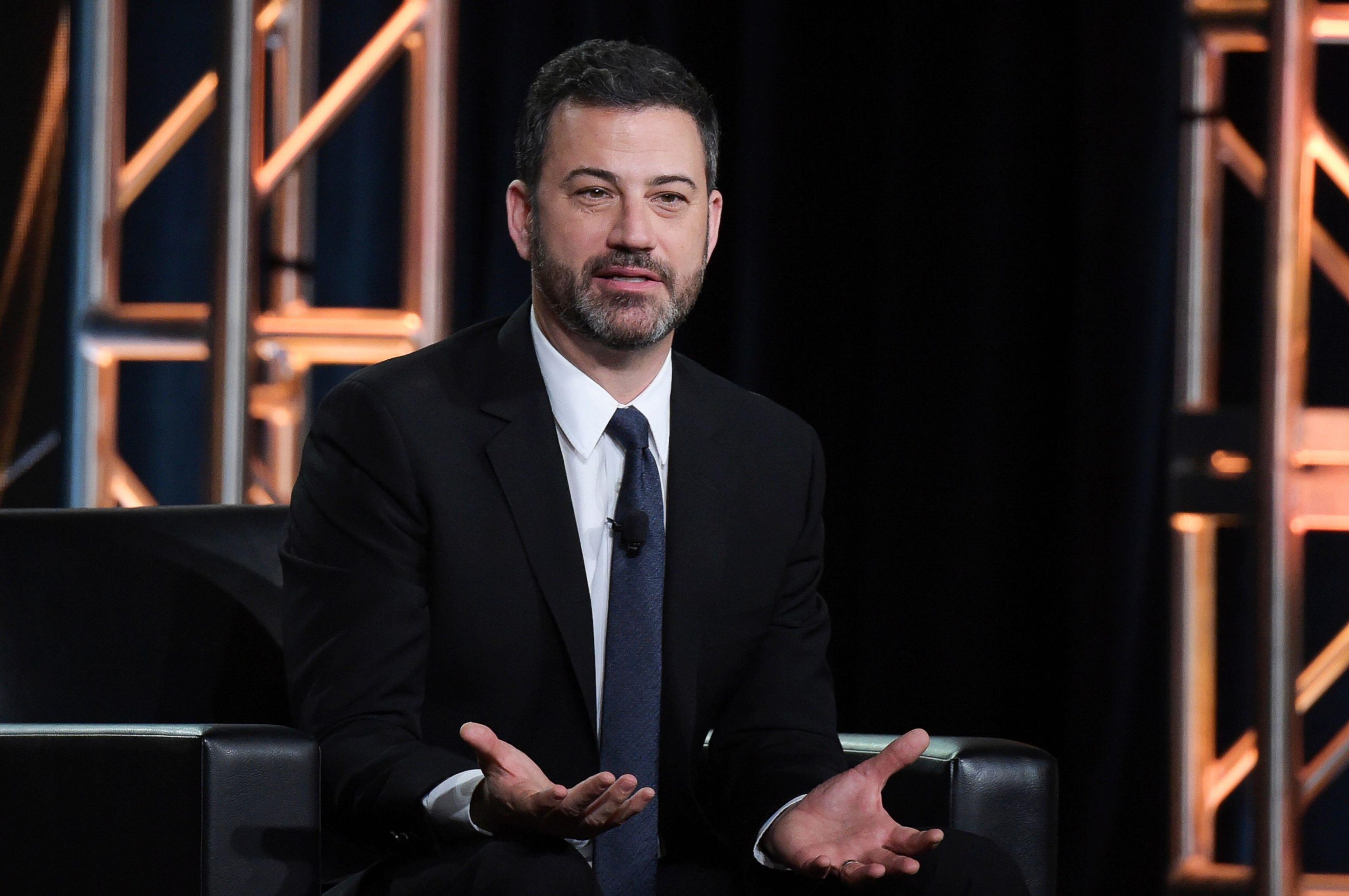
Jimmy Kimmel: No laughing matter
From the USA to India leaders can't take a joke. Comedians are paying the price
-

The week in free expression 19 September – 26 September
Index rounds up of some of the key stories covering censorship and free expression from the past seven days
